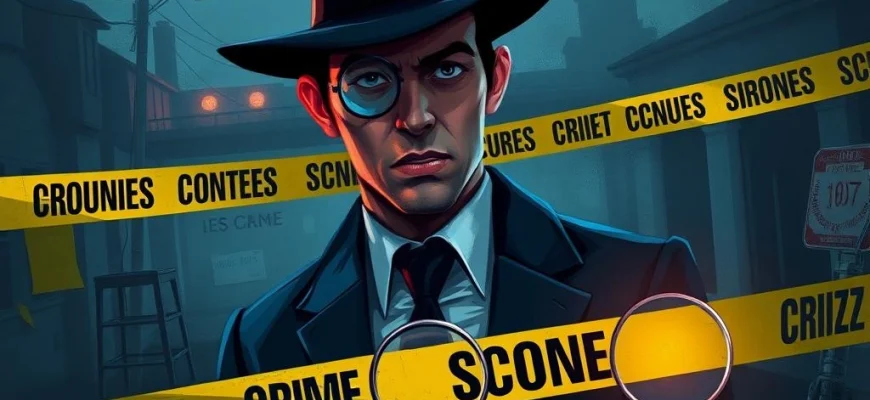If you're a fan of gripping true crime documentaries like 'Motives & Murders: Cracking The Case' (2012), you'll love this curated list of 10 similar shows and movies. Dive into chilling investigations, forensic breakthroughs, and psychological deep dives that will keep you on the edge of your seat. Whether you're fascinated by criminal psychology or love piecing together clues, these recommendations are sure to satisfy your true crime cravings.
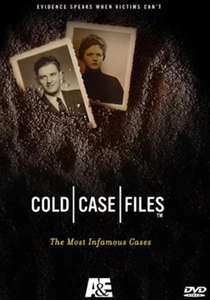
Cold Case Files (1999)
Description: Focusing on unsolved crimes that are revisited with new evidence or technology, this series shares a commitment to justice and the detailed examination of cold cases. It resonates with the methodical and often emotional journey of solving long-forgotten crimes.
Fact: The show was rebooted in 2017 with new episodes, continuing its legacy of bringing closure to victims' families.
 Watch Now
Watch Now 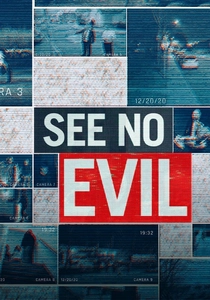
See No Evil (2015)
Description: This series uses surveillance footage to reconstruct crimes and track down perpetrators, emphasizing the role of technology in modern law enforcement. It mirrors the reliance on visual evidence and real-time investigation techniques.
Fact: The show has been instrumental in solving numerous crimes by showcasing the power of surveillance technology.
 Watch Now
Watch Now 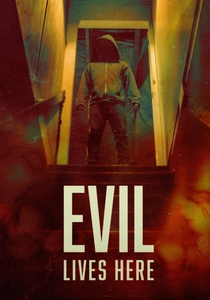
Evil Lives Here (2016)
Description: This series features interviews with family members and loved ones of criminals, providing a unique perspective on the personal impact of crime. It shares a similar emotional depth and focus on the human stories behind criminal cases.
Fact: The show often reveals shocking and little-known details about the lives of criminals, as told by those closest to them.
 Watch Now
Watch Now 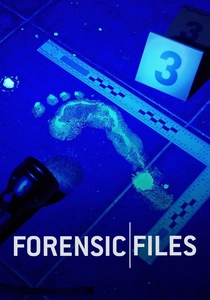
Forensic Files (1996)
Description: This documentary-style series delves into real-life criminal cases, focusing on forensic science to solve crimes. It shares a similar investigative approach, emphasizing the role of evidence and scientific analysis in uncovering the truth.
Fact: The show originally aired under the title 'Medical Detectives' and has been credited with popularizing forensic science in mainstream media.
 Watch Now
Watch Now 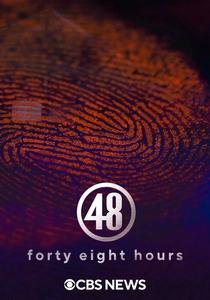
48 Hours (1988)
Description: A long-running investigative news program that covers real-life crime stories, often with a focus on the legal and emotional aspects of the cases. It aligns with the in-depth, journalistic approach to crime storytelling.
Fact: The show has won multiple Emmy Awards for its coverage of high-profile criminal cases.
 Watch Now
Watch Now 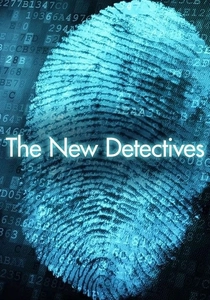
The New Detectives (1996)
Description: Focusing on the application of forensic science in solving crimes, this series highlights the technological advancements and expert analysis that bring criminals to justice. It mirrors the scientific and procedural focus of crime documentaries.
Fact: The show often featured interviews with forensic experts and law enforcement officials, adding credibility to its narratives.
 Watch Now
Watch Now 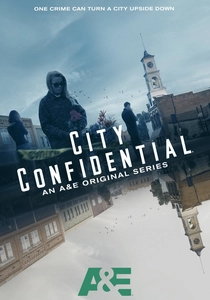
City Confidential (1998)
Description: This series explores crimes within the context of the communities where they occurred, blending true crime with local history and culture. It shares a similar approach of contextualizing crimes within their broader social and geographical settings.
Fact: Each episode was narrated by Paul Winfield, whose distinctive voice added a dramatic flair to the storytelling.
 Watch Now
Watch Now 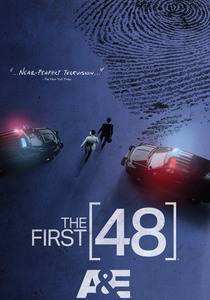
The First 48 (2004)
Description: This series follows homicide detectives during the critical first 48 hours of an investigation, highlighting the urgency and meticulous work involved in solving crimes. It mirrors the procedural and suspenseful storytelling found in crime documentaries.
Fact: The show has been praised for its realistic portrayal of police work and has led to the resolution of several cold cases.
 Watch Now
Watch Now 
Deadly Women (2005)
Description: Focusing exclusively on female criminals, this series examines the motives and methods of women who commit violent crimes. It aligns with the psychological and behavioral analysis often found in crime documentaries.
Fact: The show is known for its dramatic reenactments and has explored cases from various historical periods.
 Watch Now
Watch Now 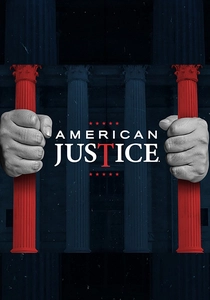
American Justice (1992)
Description: This series examines notable criminal cases in the U.S., providing a comprehensive look at the legal process and the impact of crime on society. It shares a similar narrative style, blending factual reporting with dramatic reenactments.
Fact: Hosted by Bill Kurtis, the show was known for its authoritative and engaging storytelling.
 Watch Now
Watch Now 
